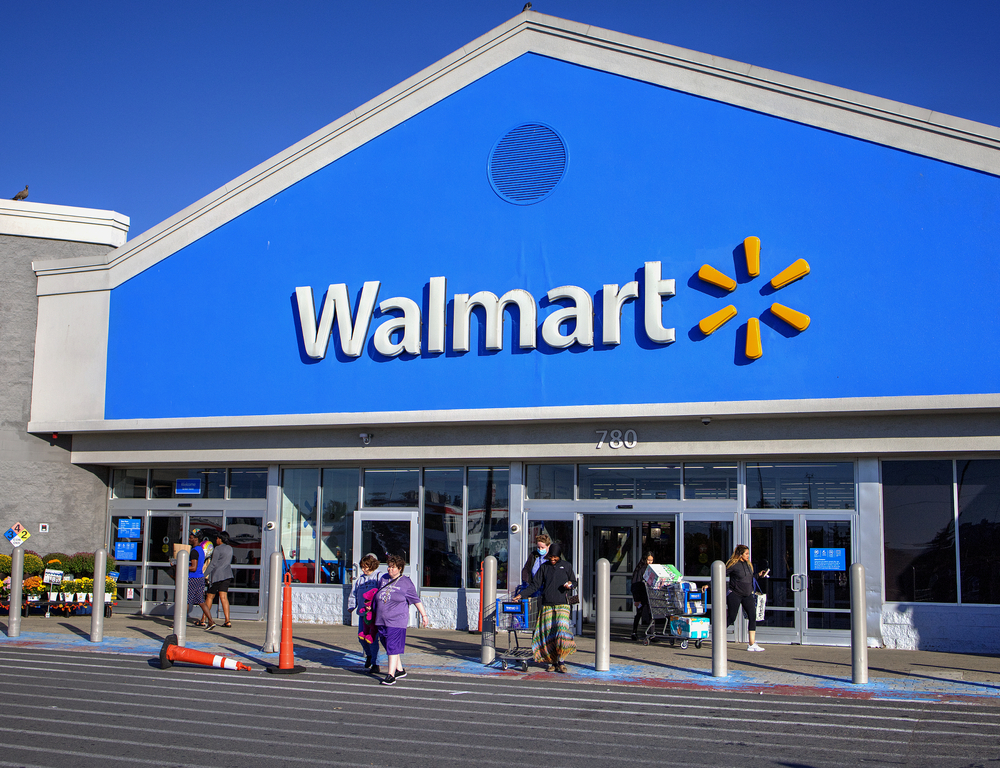Many people love dollar stores. However, they can actually cause a lot of problems. They’re especially problematic for low-income people and the communities in which they live.
You Buy What You Don’t Need
The number one problem that individuals have at the dollar store is that they buy things that they don’t need. Of course, there’s always a risk of doing this at any store. But dollar stores are particular culprits. Since everything is just one dollar, it becomes easy to justify buying just about anything.
“It’s only a dollar,” you tell yourself.
Unfortunately, those dollars add up. If you go to the dollar store once per week and buy five things each time that you don’t really need then you’re spending over $250 per year on unnecessary items.
Dollar store owners know that you’re prone to impulse buys there. Many dollar stores are laid out in haphazard or confusing ways to tempt you to browse through the whole store. The more you see, the more you buy.
Other Problems at Dollar Stores for Individuals
Buying things you don’t need is definitely the biggest problem that the individual faces at the dollar store. However, it’s not the only problem.
One big problem is that many items at the dollar store are of substandard quality. Therefore, even though you pay little to purchase the item, the item may be a waste of your money. If you have to constantly replace the item because it keeps breaking, then you’re likely not saving money. Buying one good version of the item for a little bit more is probably the financially smarter way to go.
In some cases, the dollar price is actually more than you would spend elsewhere for the same item. It’s not always easy to recognize that, because sometimes it has to do with product size. For example, if you get a tiny bottle of dishwashing soap for one dollar, it seems like a bargain. However, if you take the time to compare the per-ounce price to a larger bottle on sale at your local grocery store, you may discover you’re actually paying more at the dollar store.
Of course, most dollar stores don’t offer deals or coupons. They sell items at one flat price throughout the year. If you love shopping with coupons then dollar stores aren’t for you.
How Dollar Stores Impact Low-Income Communities
Individuals can spend way too much money on unnecessary sub-par items at the dollar store. But even more concerning is the impact that these stores may have on low-income communities. CNN reports that a growing number of people are concerned about how these stores accumulate in low-income areas, driving out competition from other stores.
One of the biggest reasons this is of concern is because healthy grocery stores are the first to go. They can’t compete with the price of dollar store food. However, food at the dollar store is rarely healthy. It’s canned and processed and skews heavily towards the sugar-and-carbs diet. This means that low-income people have increasing challenges when it comes to accessing healthy food.
Additionally, the dollar store crowds out other local mom-and-pop stores and small businesses. Therefore, the people who live in the community can’t keep working in the community in the same way. The community loses those stores and the storeowners lose the way they make a living.
Dollar stores are growing in number across the nation. However, lawmakers in some cities are restricting the number of stores allowed to open in any given area. They want to make sure that low-income communities, in particular, benefit from dollar stores instead of suffering as a result of them.
Read More:






okay but then like. what’s the other option.
as a low-income person, i buy from the dollar store because………… i can’t afford anything else. i buy smaller one-dollar containers of bleach instead of a bigger 10-dollar container of bleach because i don’t have 10 dollars right now for bleach, i have one dollar right now for bleach. so my options are i spend more on bleach throughout the year or i don’t get bleach.
this is so short-sighted and focuses exclusively on making sure that poor people have “better access to nicer things” instead of focusing on making sure that poor people have the money to buy those nice things.